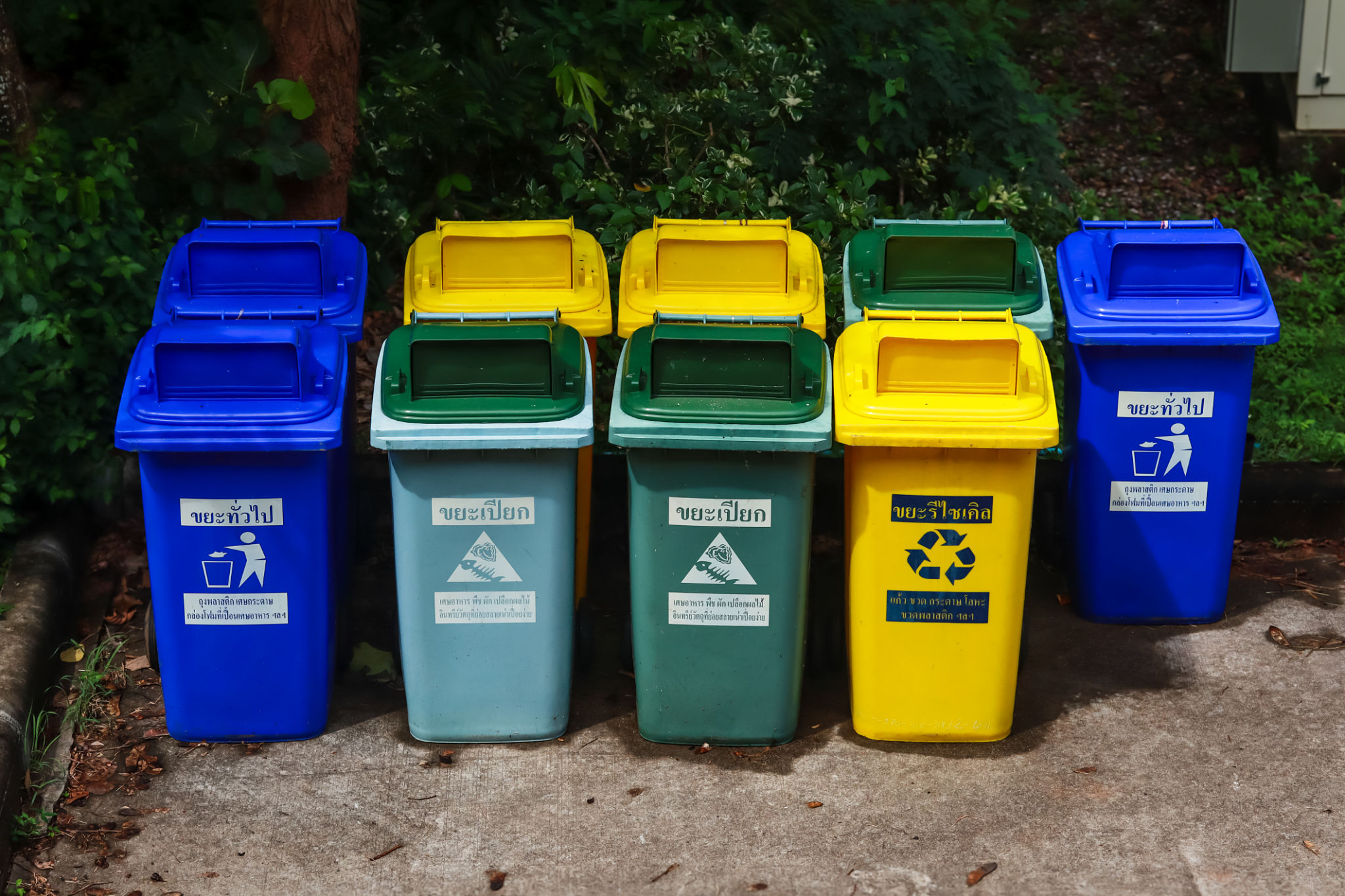Debunking Common Myths About Junk Removal and Recycling
Understanding Junk Removal and Recycling
Junk removal and recycling are essential for maintaining a clean and sustainable environment. However, there are numerous myths surrounding these processes that often lead to misconceptions. By debunking these myths, we can better appreciate the value of proper waste management and recycling practices.

Myth 1: All Junk Ends Up in Landfills
One common myth is that all junk collected by removal services ends up in landfills. In reality, many junk removal companies prioritize environmentally friendly disposal methods. They sort through collected items to identify those that can be recycled, donated, or repurposed.
For instance, metals, electronics, and certain plastics are often separated and sent to recycling centers. Additionally, furniture and appliances in good condition may be donated to charities, extending their life and utility. Responsible junk removal companies strive to minimize landfill contributions by maximizing recycling and donation efforts.
Myth 2: Recycling Is Too Complicated and Time-Consuming
Another myth is that recycling is a complex process that requires significant time and effort. While some materials have specific recycling guidelines, most household recyclables such as paper, cardboard, glass, and certain plastics can be easily sorted at home. Many communities provide curbside recycling services, making it convenient for residents to participate.

Moreover, advances in technology have simplified recycling processes. Modern sorting facilities are equipped with machinery that efficiently separates recyclables from other waste materials, ensuring that more items are successfully processed and reused.
Myth 3: Recycling Doesn't Make a Significant Impact
Some people believe that individual recycling efforts have little to no impact on the environment. However, this couldn't be further from the truth. Recycling conserves natural resources, saves energy, and reduces greenhouse gas emissions. For example, recycling aluminum saves 95% of the energy needed to produce new aluminum from raw materials.
On a larger scale, recycling helps reduce the overall demand for raw materials, which in turn decreases deforestation, mining, and other environmentally harmful practices. Every small effort contributes to a larger positive environmental impact.

Myth 4: Only Certain Items Are Worth Recycling
Many people mistakenly assume that only high-value materials like metals are worth recycling. However, even low-value items such as paper and certain plastics play a crucial role in the recycling ecosystem. These materials can be processed into new products, reducing the need for virgin resources.
Recycling diverse materials supports a circular economy where products are continuously reused and repurposed. This reduces waste and conserves resources, benefiting both the environment and the economy.
Myth 5: Junk Removal Services Are Expensive
A common belief is that hiring junk removal services is costly. While there is a fee associated with these services, the convenience and efficiency they offer often outweigh the cost. Professional junk removal companies handle all aspects of the process, from sorting and loading to transportation and disposal.
This saves individuals time and effort while ensuring that waste is managed responsibly. Many companies also offer competitive pricing and transparent fee structures, making their services accessible to a wide range of customers.
In conclusion, debunking these common myths about junk removal and recycling helps us make informed choices about waste management. By understanding the realities of these processes, we can contribute to a cleaner and more sustainable planet.